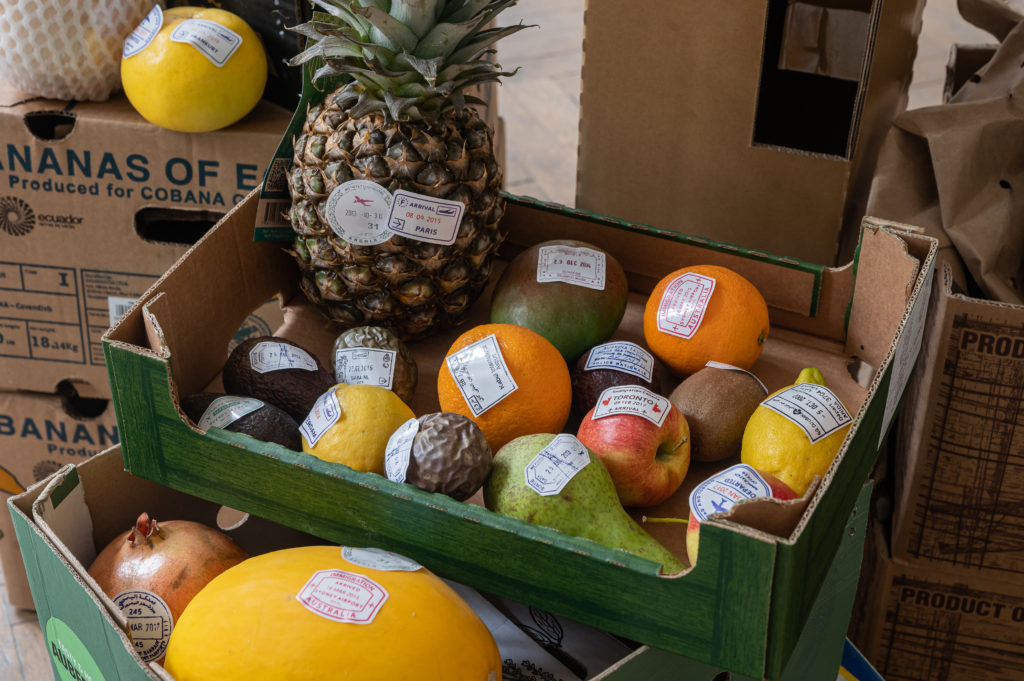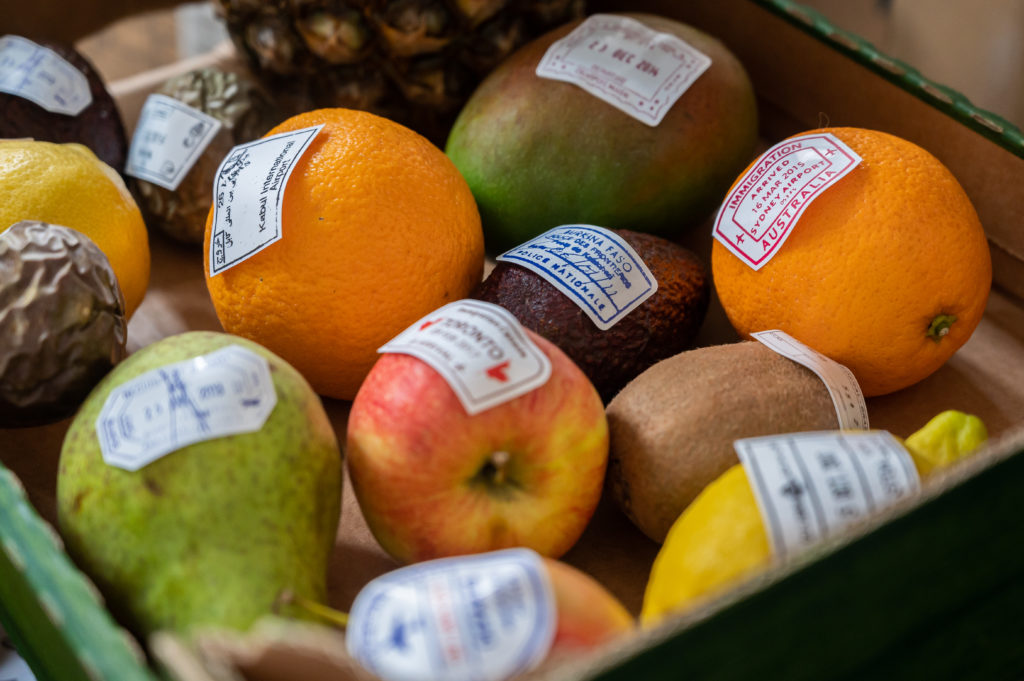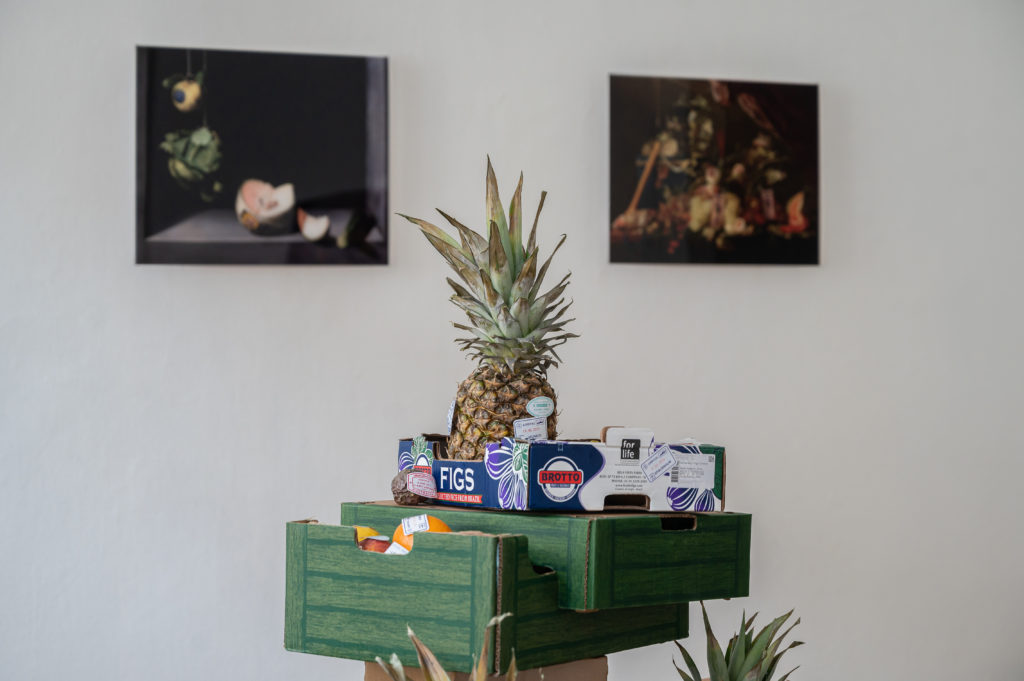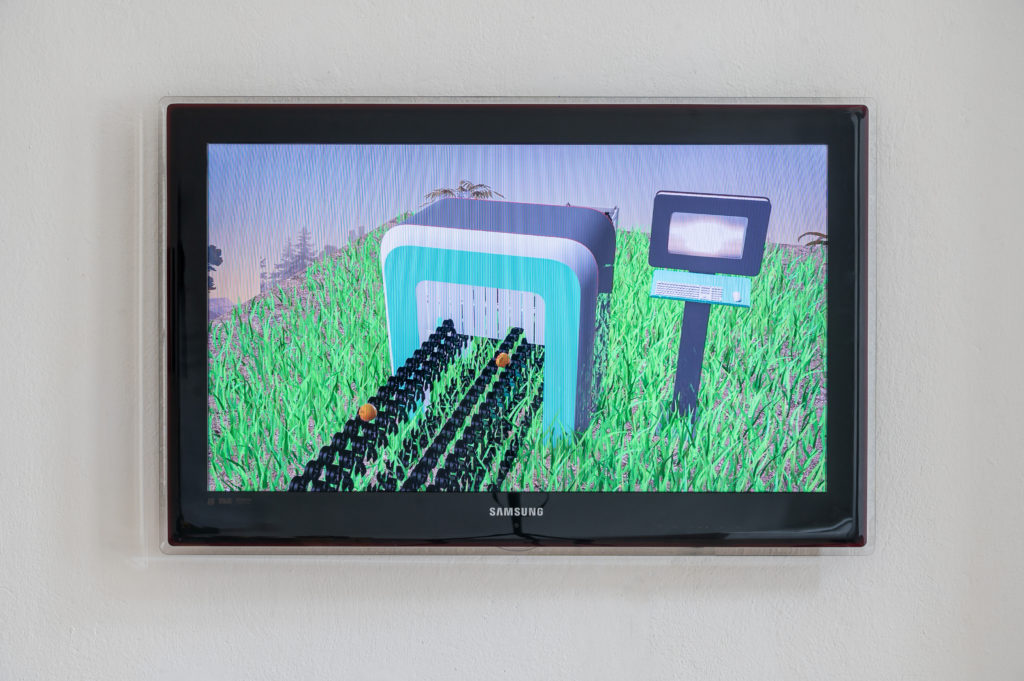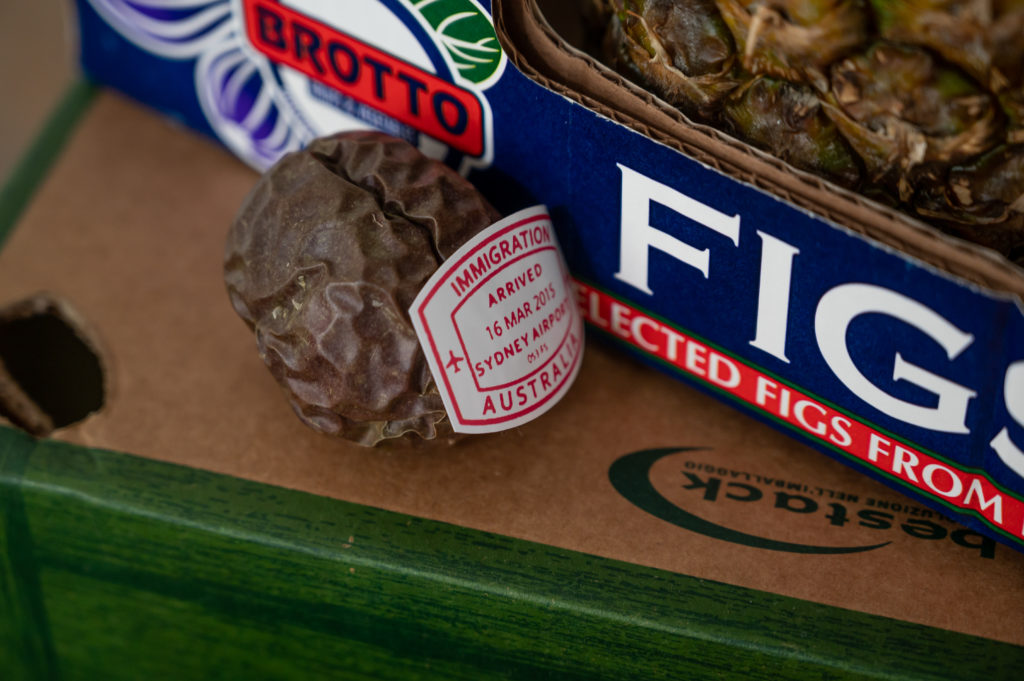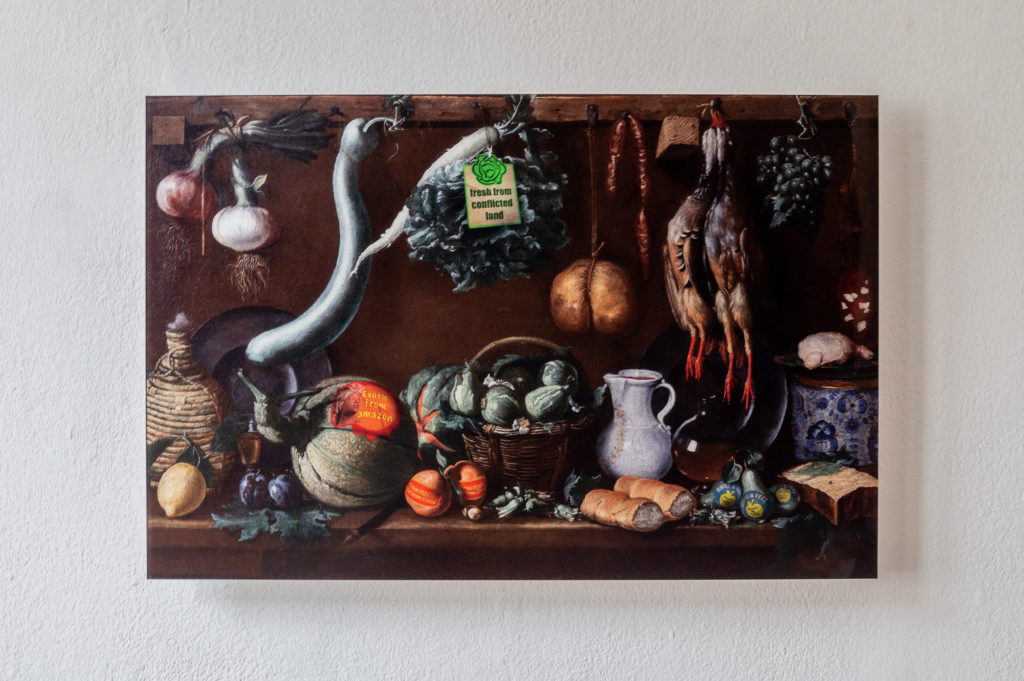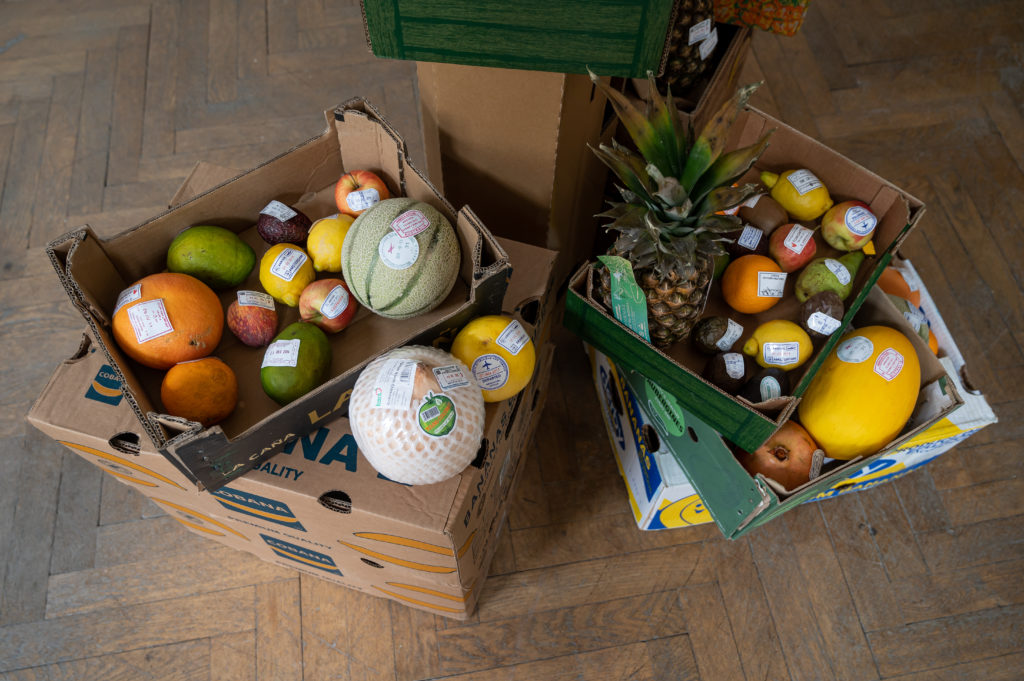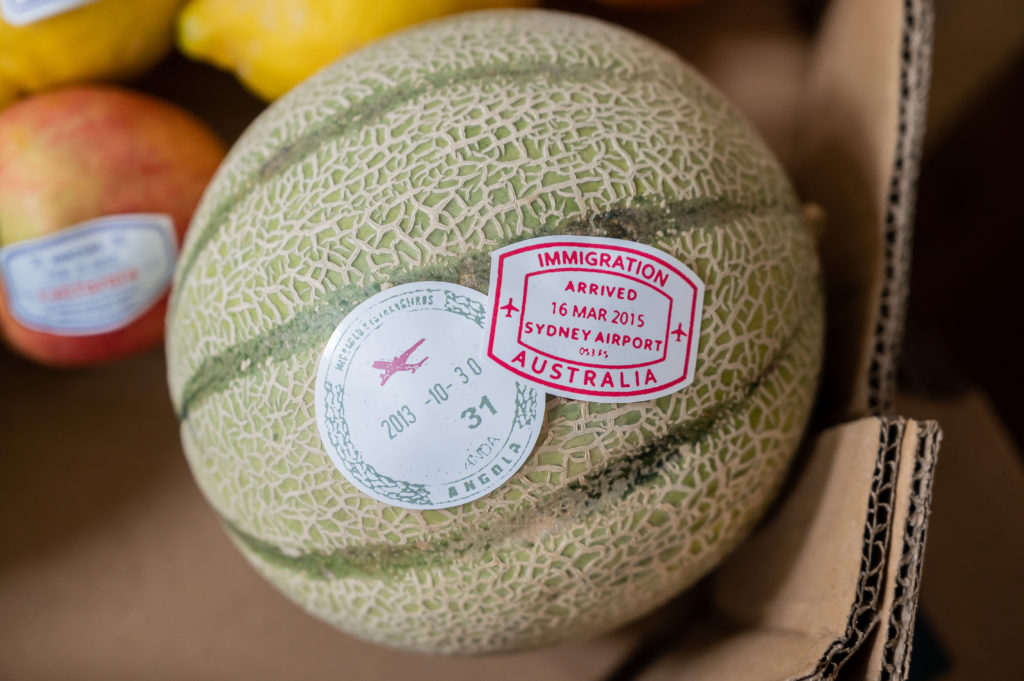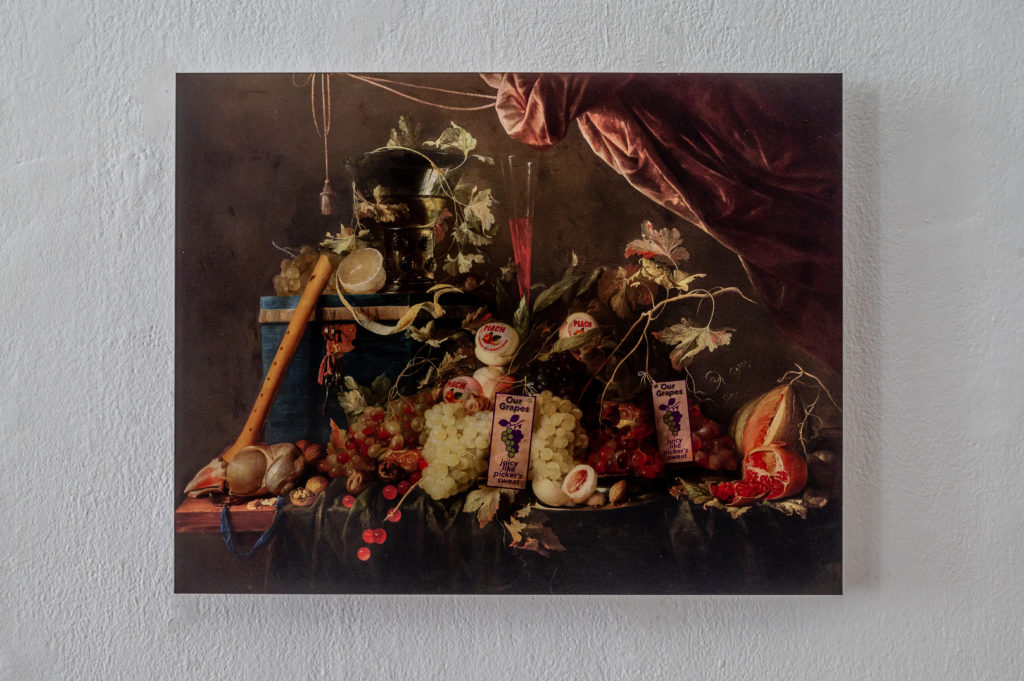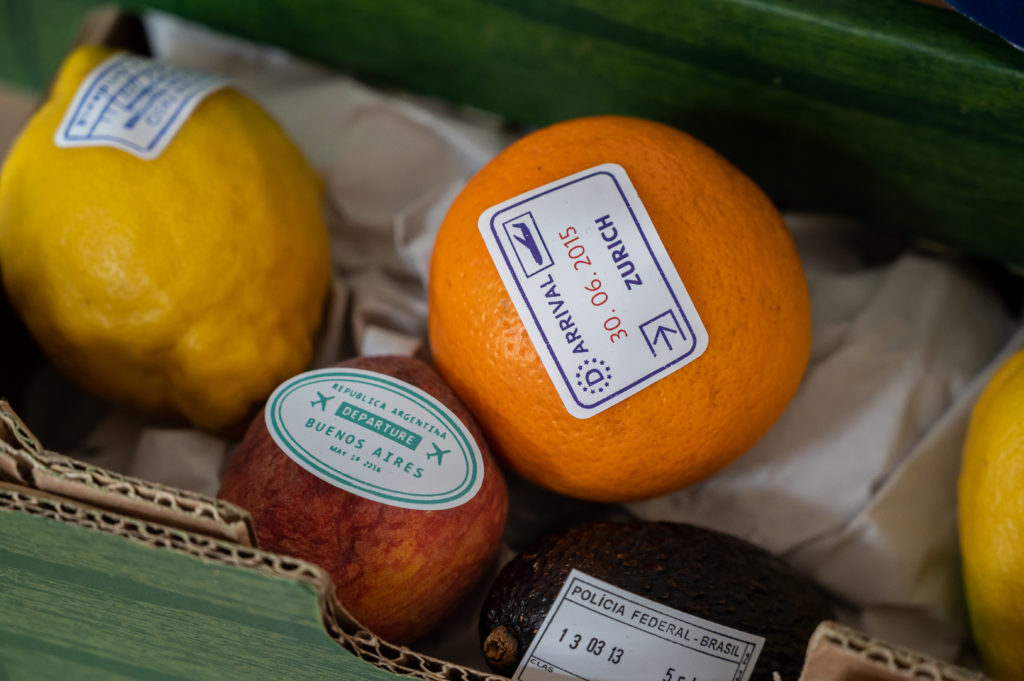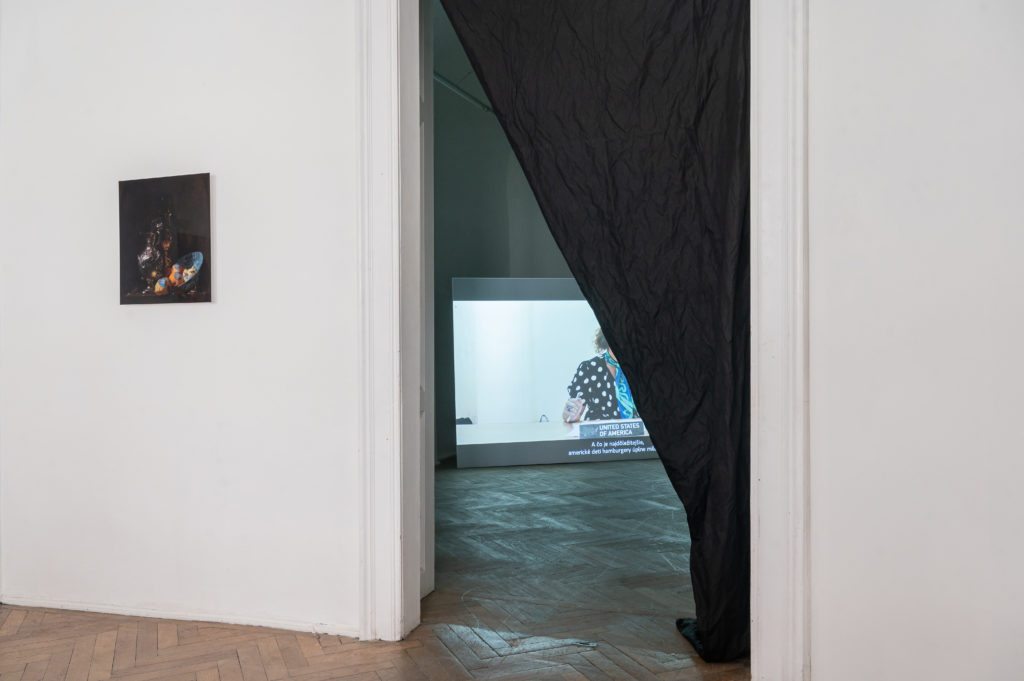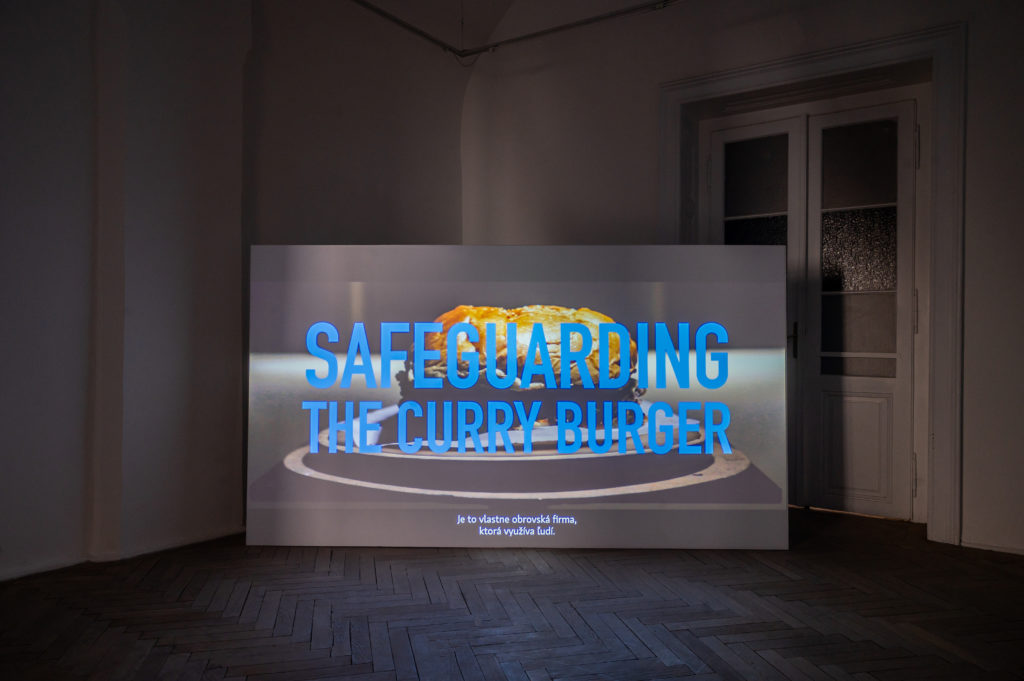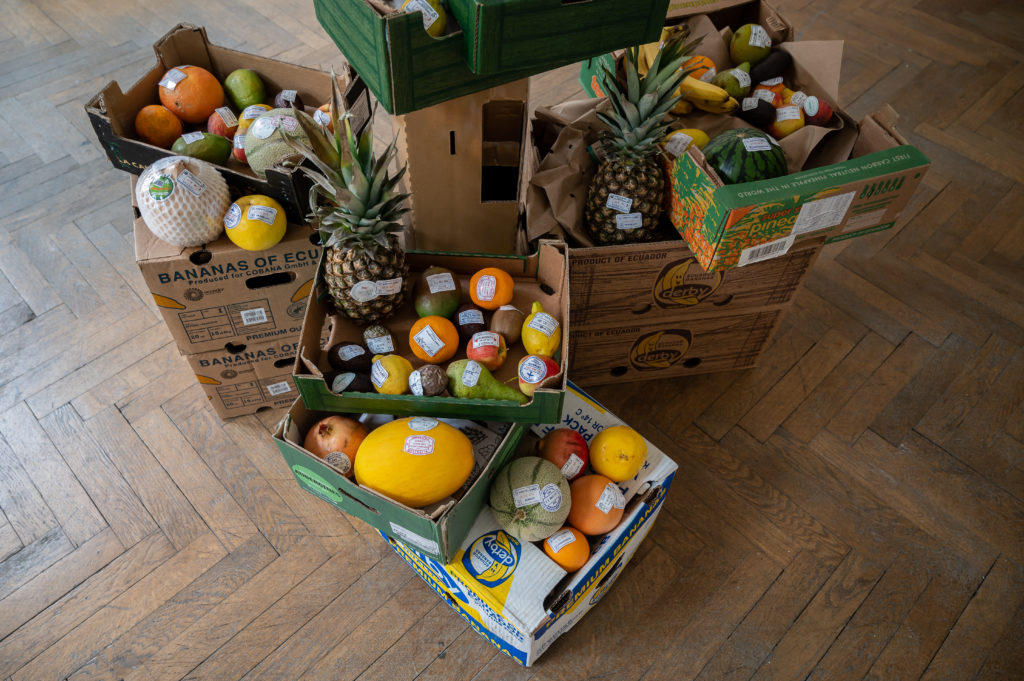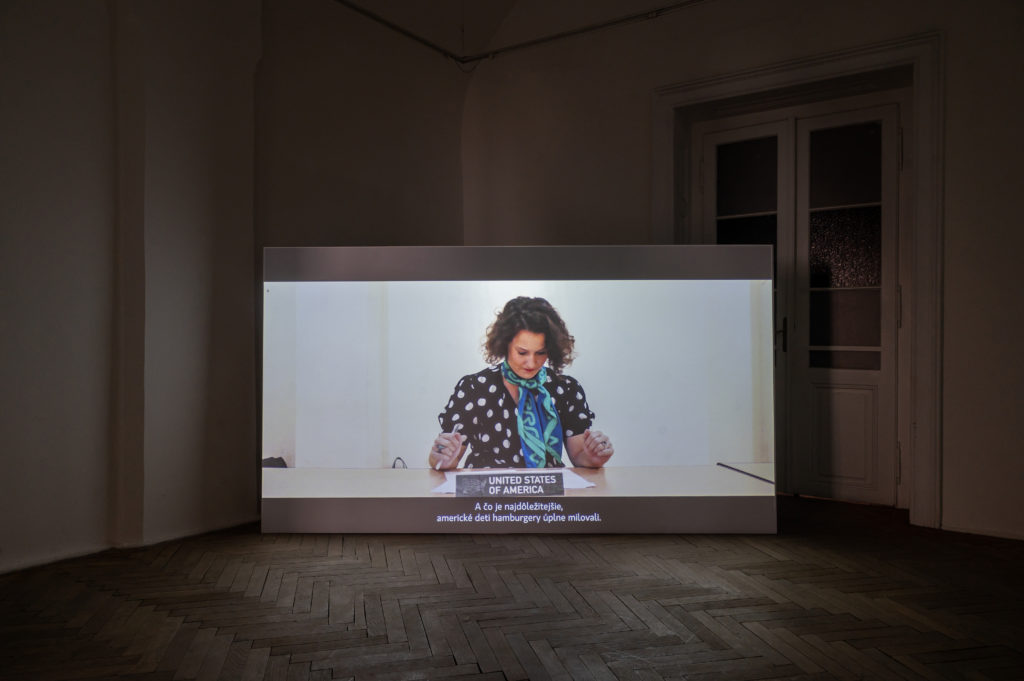Elia Nurvista
Shopping: Pineapple, Sauerkraut, Wasabi, Chickpea
Exhibition opening: 20. 5. 2023 / 15.00 hod. Exhibition's duration: 20. 5. - 8. 7. 2023 Exhibition's curator: Borbála SoósLunch, Saturday, 20 May, 2 – 3pm (free, drop in any time)
The projects featured in this show depart from Indonesian artist Elia Nurvista’s interest in recipes and food as cultural value. The exhibition highlights different political agendas and discrepancies between the acceptance of goods, including food products, and the rejection of humans, for example, asylum seekers/migrants. It further explores the difference between the representations of local (traditional) and global (exotic) food cultures.
When the capitalisation of cultural inheritance is re-purposed for political and/or economic means, the idea of ownership towards intangible cultural heritage such as food becomes a battleground. What do we perceive as an authentic recipe? Authenticity as well as national identity is often shaped by who is in power. National pride often fails to reflect on the complex histories and nuanced narratives such as the origin of the ingredients, the route they took to arrive at a specific place, or the cooking methods which may have been brought through the migration of people, including due to war, enslavement and colonization… Likewise, recipes often tell stories of cultural cross-contamination, as well as the imbalances in wealth, power, access to land and more…
Who or what is exotic? Exotic is that which is alien, yet desirable; the subject of romantic consumerism; the one which the white colonialist gazes upon with thirst and greed. How does Slovakia fit in this picture? How can we acknowledge that through the global circulation of foods, ingredients, cultures and people this country also benefits from the fruits of colonization?
Elia Nurvista (b. 1983 Yogyakarta, Indonesia) has been exploring questions related to food cultures for over a decade. Through her practice, she investigates the entangled histories between nourishment and politics, colonialism, migration and capitalist forces among others. She uses discussions around food as an instrument to address pressing social, economic and cultural tensions. In 2015 Elia initiated Bakudapan, a food study group including researchers from various backgrounds and operating between art, ethnography, research and practice.
Elia has participated in several exhibitions including Sharjah Biennial 15 (2023); Bakudapan: The Flavor of Power, Yamaguchi Media Arts Centre, Japan (2023); At The Table Garage Rotterdam, The Netherlands (2023); Sur le feu Palais des Beaux-Arts, Paris, France (2023); Dhaka Art Summit, Bangladesh (2020), Karachi Biennale, Pakistan (2019) and ‘The 9th Asia Pacific Triennial of Contemporary Art’, at QAGOMA, Brisbane, Australia (2018), among others. She also curated Jogja Biennale Equator VI; Indonesia with Oceania (2021), ADAM LAB at TPAC (Taipei Performing Arts Center) with Transient Collective (2020), and a solidarity platform about Land, Water, Farming, Food: Struggle for Sovereignty. Between July and September 2023, she will be artist in residence at MeetFactory, Prague.
The exhibition project is supported using public funding by Slovak Arts Council.
Slovak Arts Council is the main partner of the project.
The project is also financially supported by City Košice.

